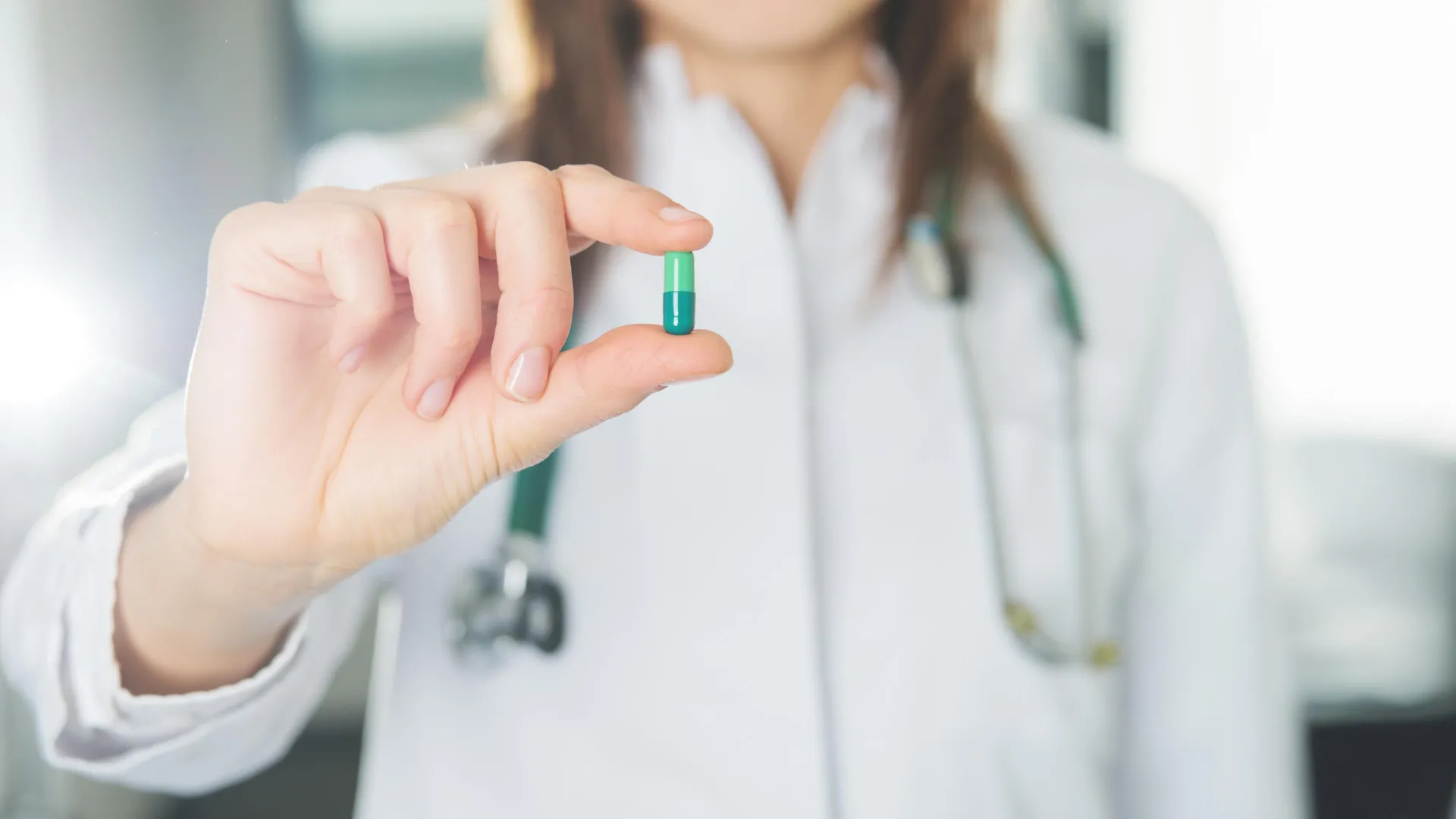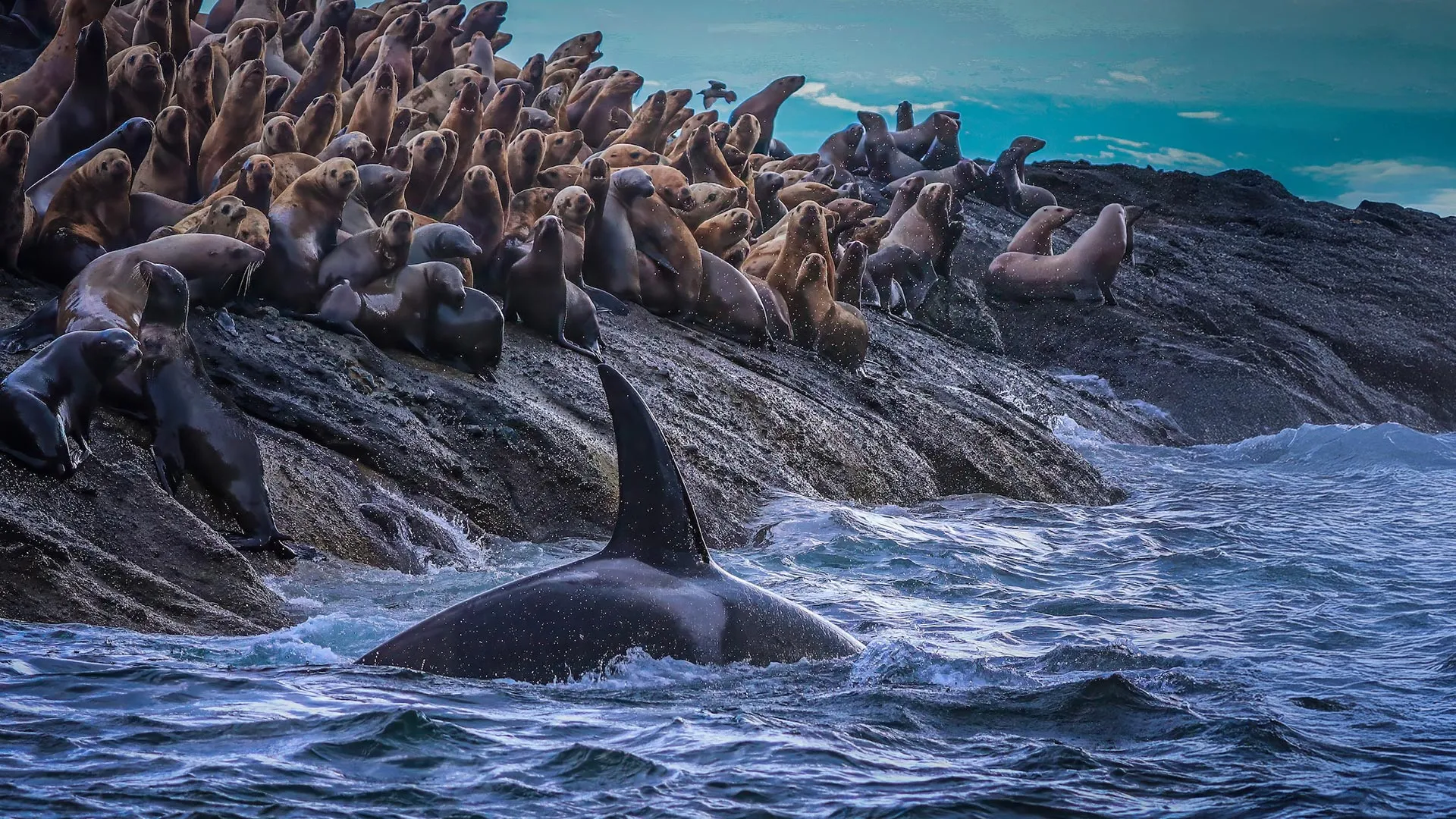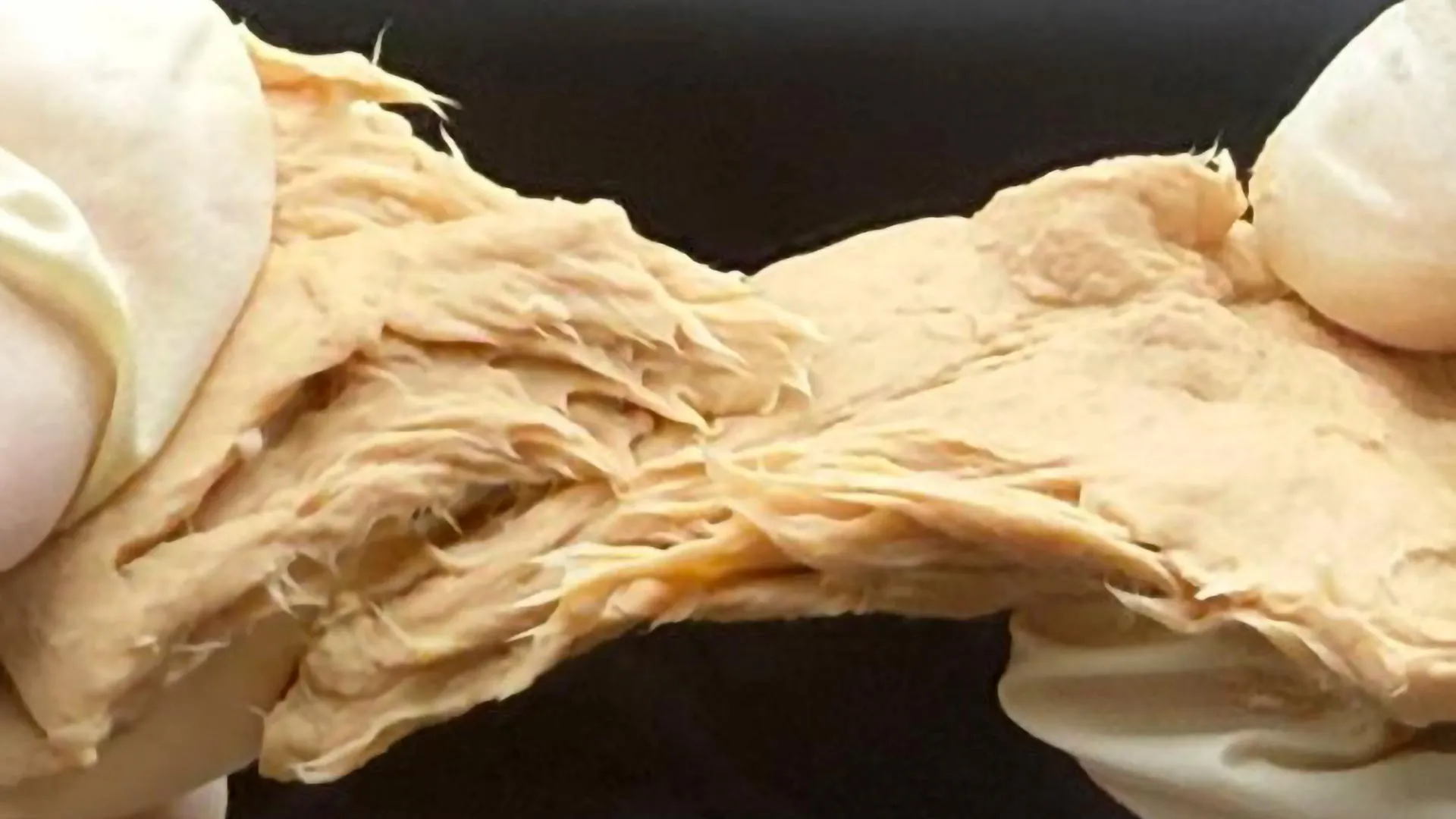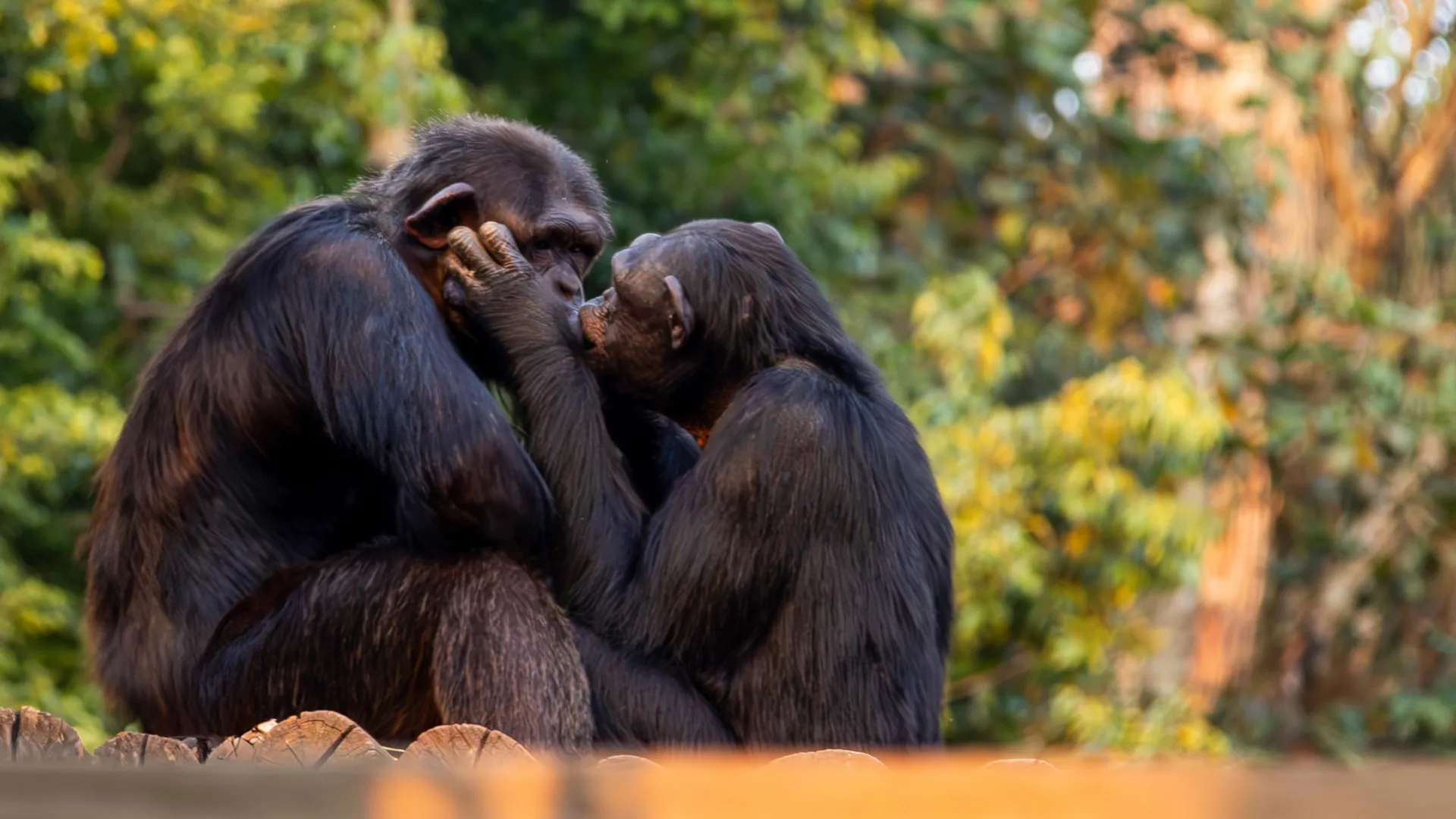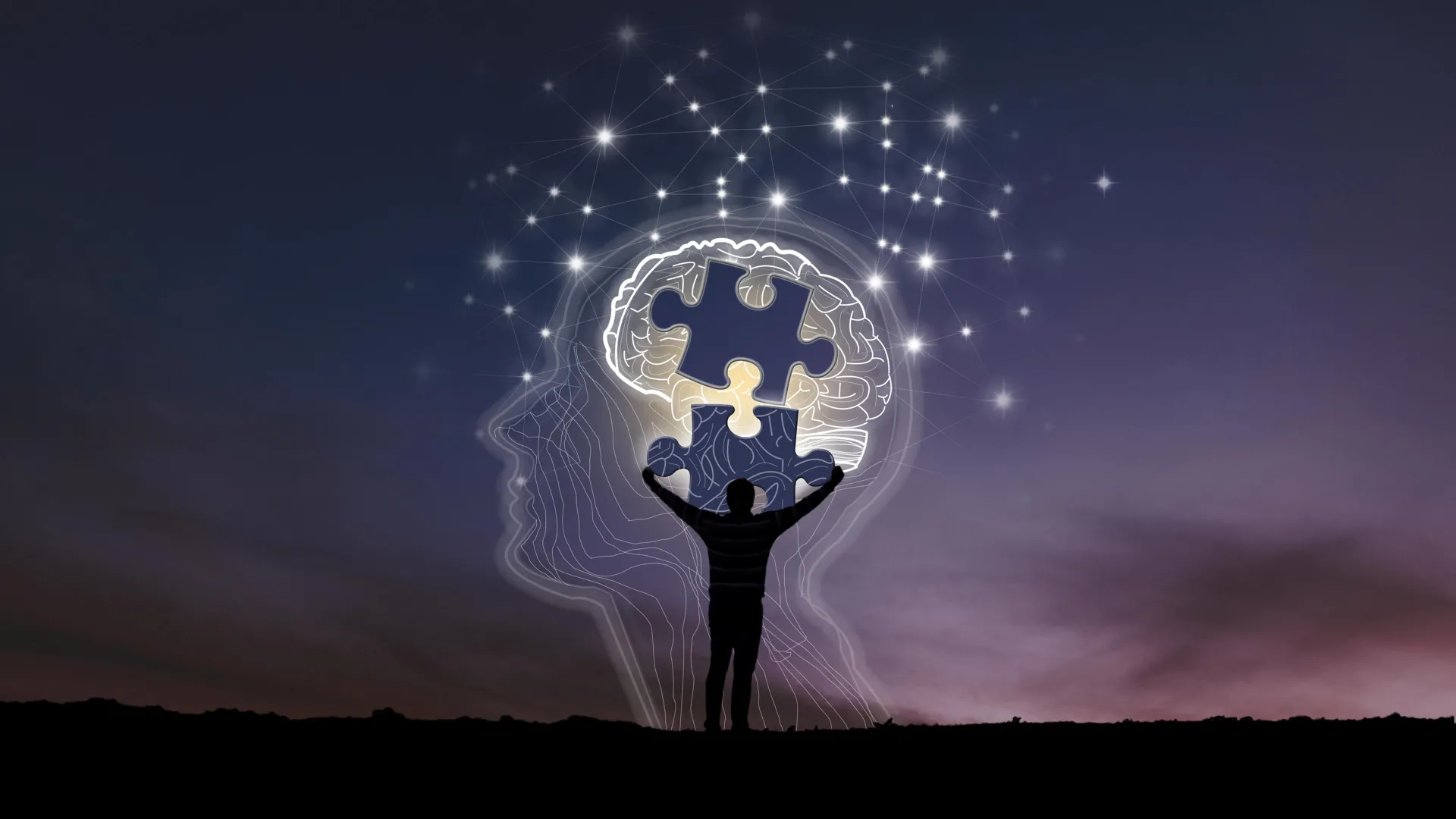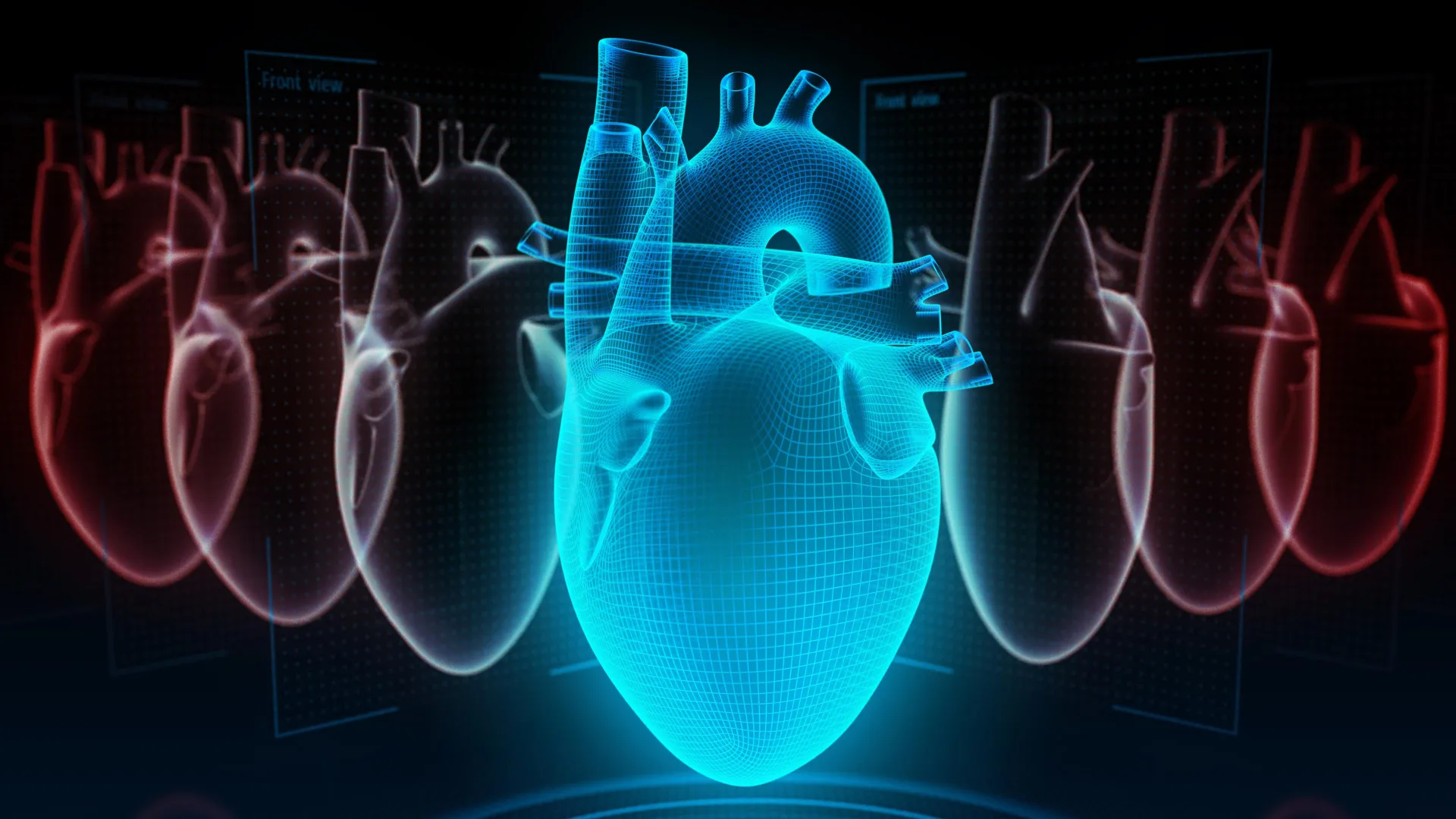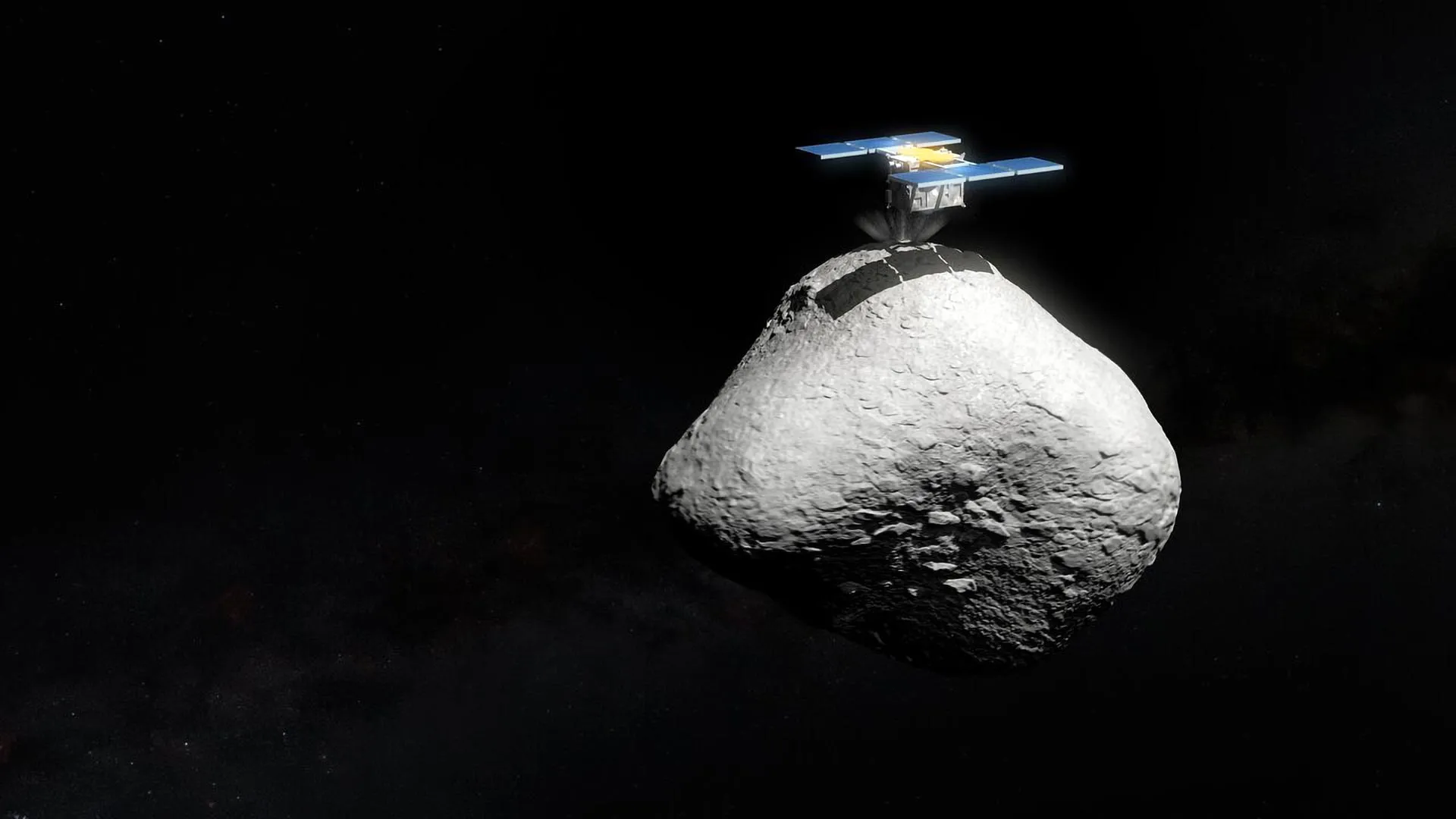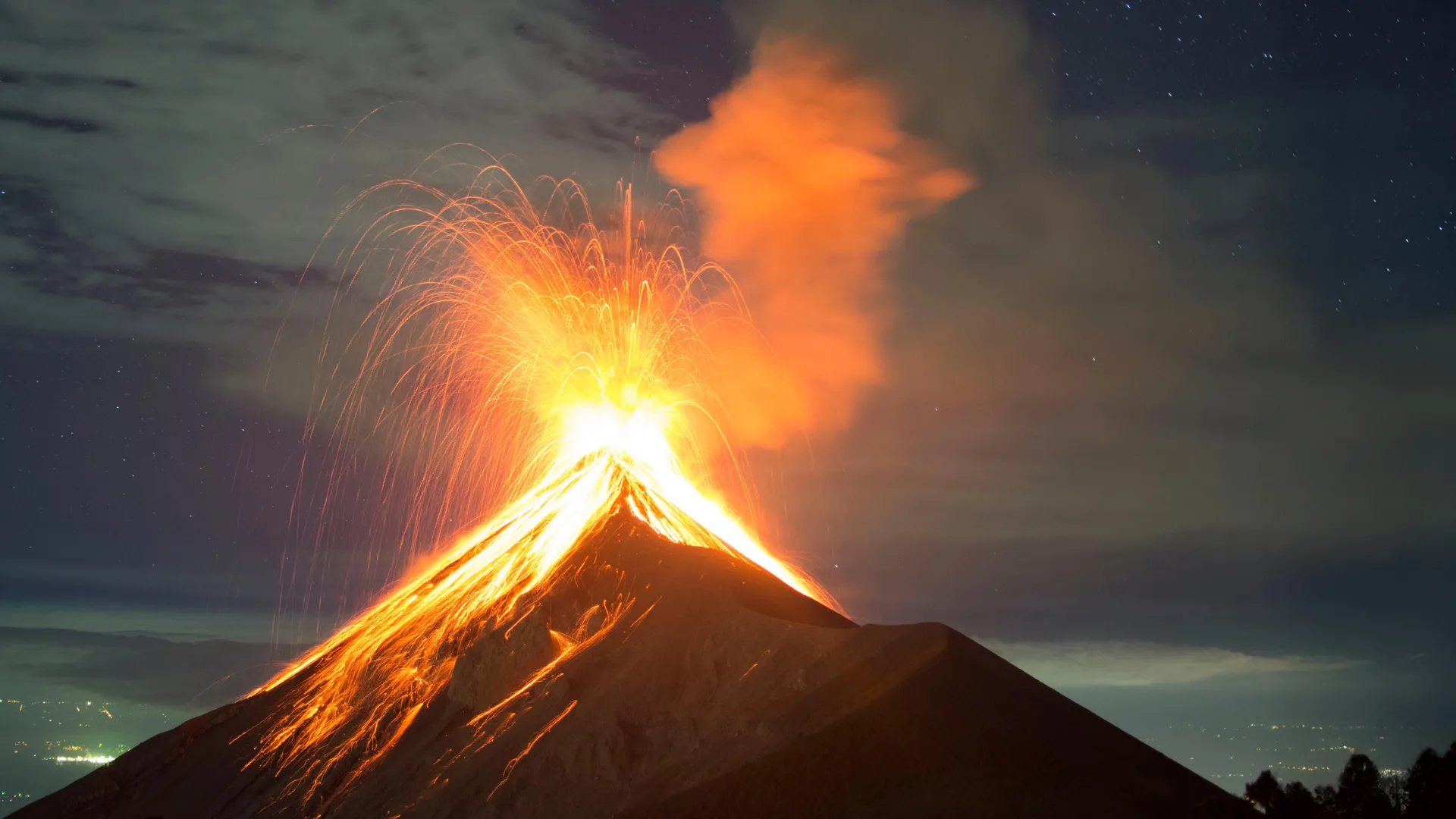Scientists find a surprising link between lead and human evolution
Researchers found that ancient hominids—including early humans—were exposed to lead throughout childhood, leaving chemical traces in fossil teeth. Experiments suggest this exposure may have driven genetic changes that strengthened language-related brain functions in modern humans. Source link

